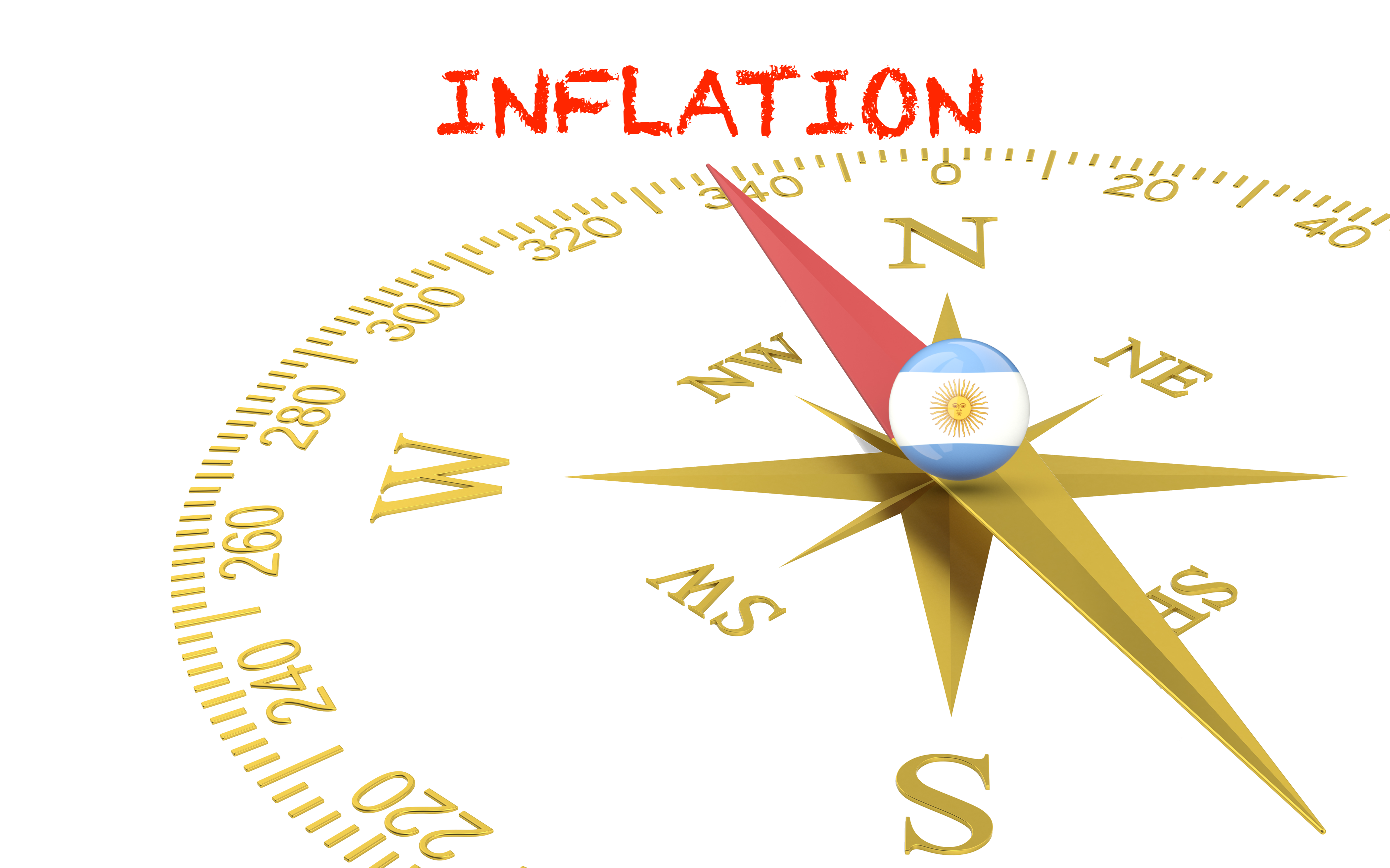RIO DE JANEIRO, BRAZIL – Inflation continues to soar in Argentina. In the first month of 2022, prices increased by an average of 3.9% compared to December last year and by 50.7% year-on-year, according to data published today by the National Institute of Census and Statistics (Indec).
The price agreements reached between the Government of Alberto Fernández and the food industry were insufficient to prevent it from being one of the items that increased the most (4.9%). “The increase in food and non-alcoholic beverages (4.9%) was the highest in all regions. The most relevant in the division was the increase in vegetables, tubers, and legumes, where tomato, lettuce, potato, and onion, among others, stood out,” highlighted the official agency.
Read also: Check out our coverage on Argentina
Only communications (7.5%), marked by the increase in telephone and internet services, and restaurants and hotels (5.7%), which took advantage of the good local tourist season due to the devaluation of the peso and the official incentives to spend the summer in the country instead of abroad, surpassed it.

The figure reflects the government’s difficulties tackling this chronic problem in Argentina, with the second-highest inflation in South America after Venezuela. In the budget rejected by Congress, the Peronist Executive foresaw an inflation rate of 33% for 2022, but as in previous years, nobody believes it is possible to meet the official target. Analysts consulted monthly by the Argentine Central Bank for its market expectations report estimate that the Consumer Price Index will advance this year close to 55%, the highest figure in three decades.
INCREASES IN GAS AND ELECTRICITY
One of the main reasons for fearing price acceleration in the South American country is the agreement with the International Monetary Fund to restructure the US$44 billion debt contracted under the mandate of Mauricio Macri. One of the requirements of the multilateral organization is the reduction of millionaire energy subsidies.
The Argentine government has kept gas and electricity rates frozen since the pandemic outbreak in the first quarter of 2020 but has already warned the population that this policy will not continue this year. Gas will increase by 20% next March, which will be significantly reflected in that month’s inflation, which is usually high due to increases linked to the return to school.
The state-owned water company, Aysa, has requested a 32% increase, which has not yet been approved, and it is expected that the electricity bill will also increase, even though the government is studying the application of distinctions between the wealthiest areas -which would be left without subsidies- and the rest.
Public transport and fuel prices have also lagged behind inflation in the last two years. The latter increased by 9% this month, which will mean an increase of about half a point in the February CPI measurement. In the second month of the year, food will again play a prominent role after bread recorded a 25% increase driven by price increases in raw materials used for its preparation, such as eggs (30%), sugar (33%), and yeast (35%).
Despite market projections, the government denies for now that prices will increase more this year than the 50.9% with which they closed last year. “It will not be worse than in 2021; maybe it can be better,” the Secretary of Commerce, Roberto Feletti, told the media over the weekend. “It is very important the agreement with the IMF, that reserves are recovered and that the level of economic recovery is maintained,” he added.

